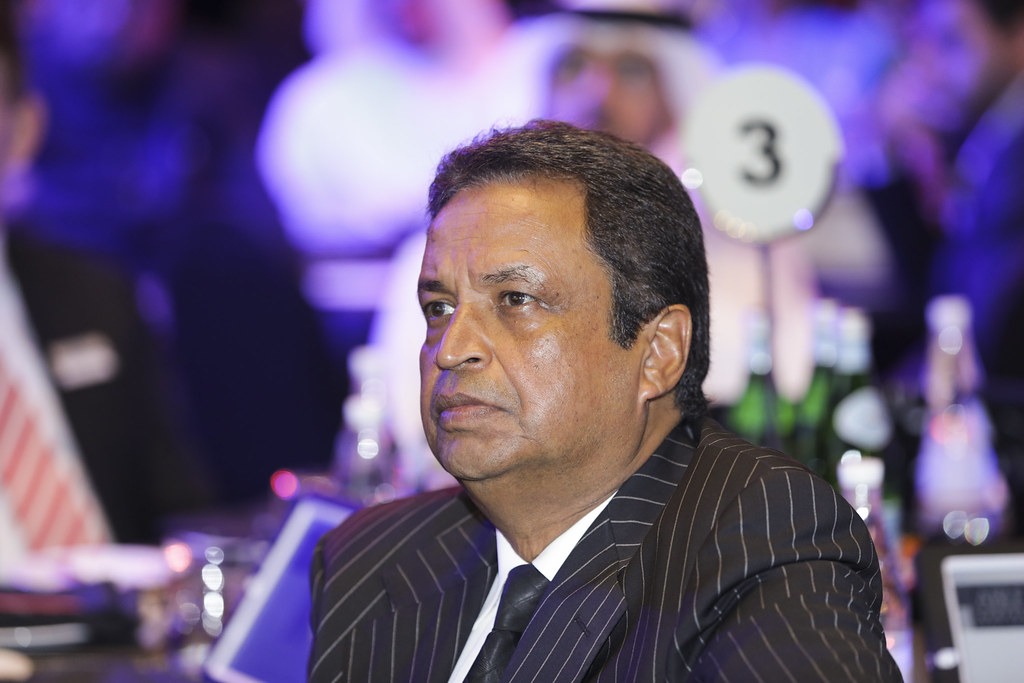Nepal's Economic Puzzle: Billionaire Bets Big Abroad As Nation Seeks Foothold – What Gives?

Kathmandu, Nepal – As Nepal navigates a challenging economic landscape, marked by modest growth projections and a heavy reliance on the toil of its citizens abroad, the nation's sole billionaire, Binod Chaudhary, is making significant headlines for multi-million dollar investments far from home. His recent move to rebrand a high-profile Philippine resort into a Marriott property, hot on the heels of a $208 million township development deal in the same nation, throws a stark spotlight on the complexities of capital, opportunity, and national economic sentiment.
For the average Nepali, the news might land with a thud. Many grapple daily with economic uncertainties, with countless young Nepalis seeking opportunities overseas, their hard-earned remittances forming a crucial pillar (around 25% of GDP) propping up the nation's economy. Against this backdrop, seeing vast sums of Nepali capital flourishing in foreign soils, like the Philippines, inevitably raises questions: Why not here? What does this say about the investment climate back home?
Nepal's economy, according to recent analyses by institutions like the Asian Development Bank and the World Bank, is on a slow path to recovery, with growth projected around 4.4% to 4.6% for the current fiscal year (ending mid-July 2025). While this is an improvement, the nation faces deep-seated challenges: sluggish industrial growth, low productivity, political instability hampering consistent policy, and a critical need for more domestic job creation to retain its youth. Inflation, though moderating, continues to press household budgets.
In this environment, Chaudhary's CG Hospitality, part of his sprawling CG Corp Global, is aggressively expanding its international footprint. The partnership with Marriott International to transform "The Farm at San Benito" in the Philippines into an Autograph Collection resort is a testament to his global ambitions and a strategic bet on the booming wellness tourism sector there. This comes just nine months after CG Hospitality joined forces with Philippine tycoon Andrew Tan's Megaworld Corp. for a massive $208 million wellness-focused township.
Chaudhary, with a net worth of $2.0 billion, sees these as strategic moves in thriving markets. Marriott officials, too, have lauded the Philippines as an "ideal setting" with "growing reputation as a rejuvenating destination."
Back in Nepal, the narrative is one of resilience mixed with persistent hurdles. While the government and international bodies point to potential in sectors like hydropower and tourism, and highlight efforts to improve the investment climate ahead of Nepal's scheduled graduation from Least Developed Country (LDC) status in 2026, the flight of significant domestic capital to seemingly more lucrative foreign ventures cannot be ignored.
Is this a case of a savvy businessman diversifying and seizing global opportunities, a natural move for any global conglomerate? Or does it reflect deeper concerns about the ease of doing business, returns on investment, and the overall economic trajectory within Nepal itself?
For the people of Nepal, whose collective small-scale investments abroad (in the form of labor) keep the home fires burning, the sight of big capital flowing outwards rather than inwards can be a poignant symbol. It underscores the urgent need for structural reforms, a stable policy environment, and the creation of compelling investment opportunities within Nepal that can attract and retain not just foreign, but also its own significant domestic capital, fostering a more self-reliant and prosperous future for all. The story of Nepal's economic journey is increasingly becoming one of contrasting realities – a nation striving for growth at home, while its most successful financial ambassador finds fertile ground elsewhere.
Binod Chaudhary



![From Kathmandu to the World: How Excel Students Are Winning Big [Admission Open]](https://nepalaaja.com/img/70194/medium/excel-college-info-eng-nep-2342.jpg)
